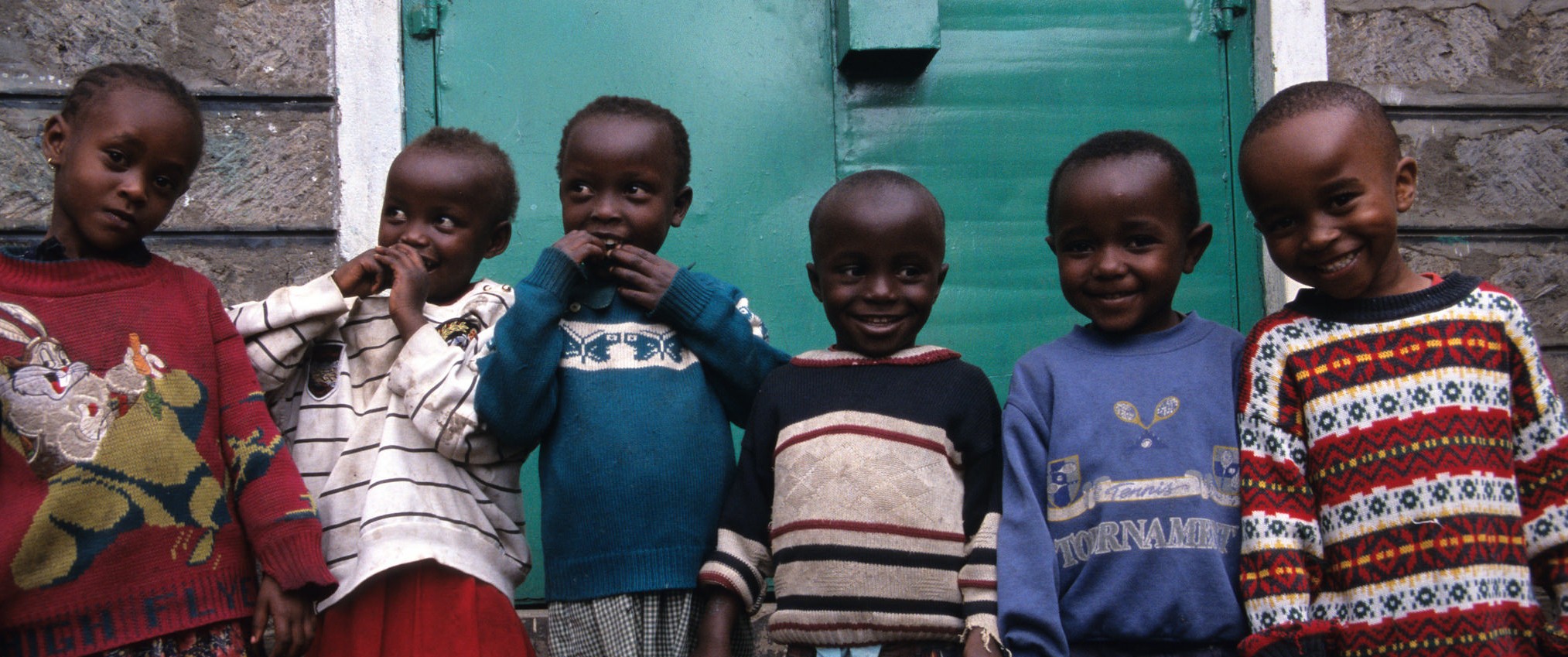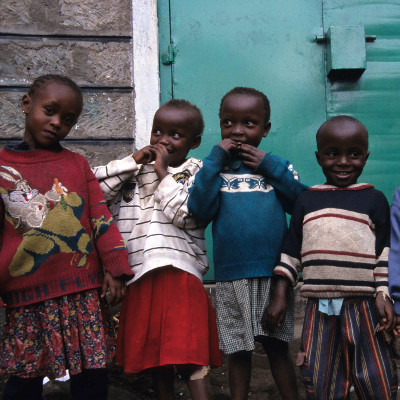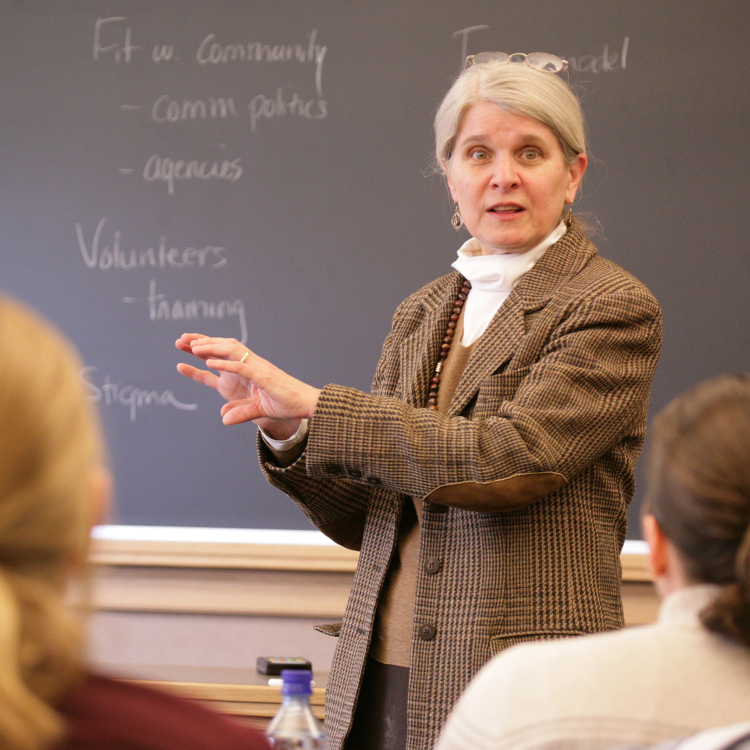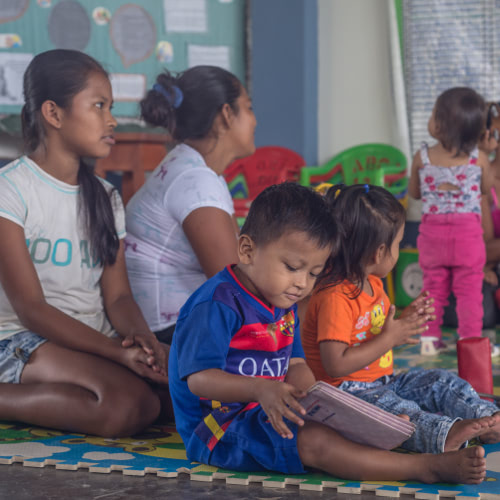In the 1970s, post-independence Africa focused more on primary education than pre-school. The Foundation worked with the government of Kenya to create a national pre-school system including curriculum, materials and training.
The World Bank funded the system’s expansion. Kenya remains a leader in Africa on early childhood education.

Demonstrating the importance of early childhood
Having just won independence, most African states were trying to establish universal primary education – but very few considered education for children aged 3-6. At the time, the importance of pre-school for success in primary education was not widely appreciated: academic fields such as developmental psychology were still in their formative stages.
The Foundation had gained experience supporting early childhood education in Jamaica and was looking for an African country to pioneer similar work in a new context. The collaboration with the government of Kenya that started in 1971 would endure for four decades.
A nationwide infrastructure for young children
Initially the Foundation partnered with the Kenya Institute of Education (KIE), an organisation tied to the Ministry of Education. Together they established the National Centre for Early Childhood Education (NACECE) in Nairobi, the only such institution in Africa.
Supported throughout by the Foundation, NACECE provided intellectual leadership and produced literature on the needs of young children and families; trained teacher trainers; developed curricula and learning materials; and established a decentralised network of District Centres for Early Childhood Education (DICECEs).
The World Bank's first investment in Early Childhood in Africa
The work attracted the interest of the World Bank, leading to its first ever loan to an African country to fund early childhood education. The loan, of 28 million dollars, enabled access to preschools to be expanded to cover 60% of the population. The Ministry of Education formally accepted responsibility for providing early childhood education.
The Foundation worked specifically to help establish culturally appropriate methods for serving young children of nomadic and pastoralist communities. Later, as the HIV/AIDS pandemic took a terrible toll on the country, we led new thinking about how to support young children’s education when so many had lost parents.
From 1971 to 2010, the Foundation invested over 30 million euros in Kenya. Today the constitution provides for the right to early childhood services, every post-secondary institution offers a certificate in early childhood education – with Kenyatta University awarding PhDs – and Kenya has the most robust infrastructure for early childhood education in Africa.



